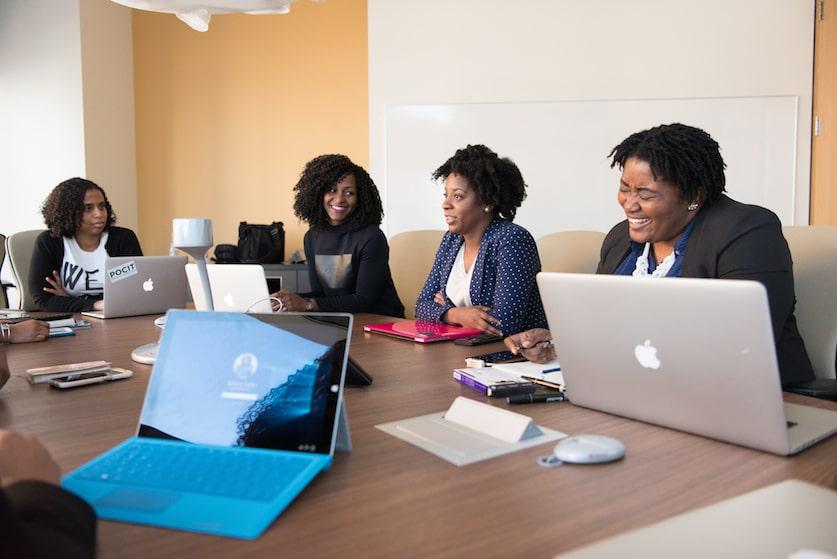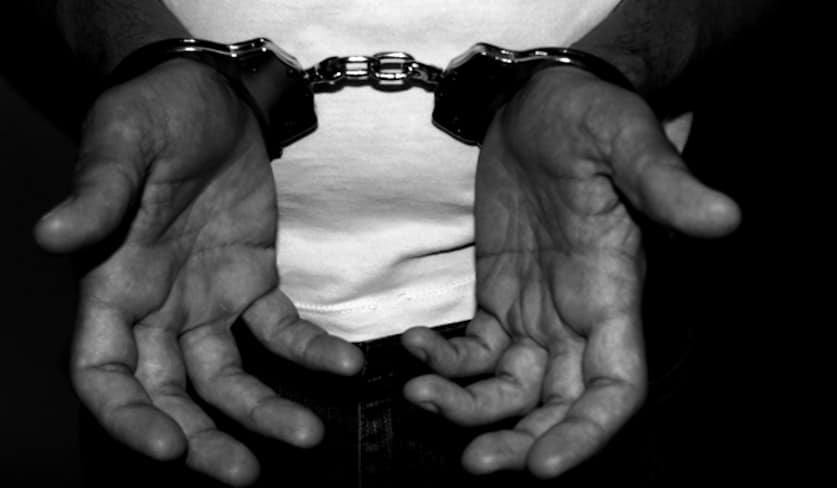
Modern Businesses Prosper Because of These Key Factors
August 18, 2016
Security And Safety Features That All Offices Need
August 19, 2016If you’re facing criminal charges, your head will probably be a storm of different emotions. The fear of being found guilty of the charge can be crippling, not just for your own sake but what this could mean for your family and future. Furthermore, having to suddenly get some grasp on the law surrounding your charge is usually very confusing and frustrating. While these feelings are natural, they’re not exactly helpful! If you want to walk away from this charge and get on with your life, then you need to meet it head-on with a strong defence strategy. Here’s a brief guide to make this easier.

The first thing to understand is that no two defence strategies are exactly the same. Typically, your plan of defence will develop more and more as you and your defence attorney discuss the details of the charge, and they find out what the prosecution will be planning to do. For example, if the prosecution were to outline a version of events that placed you at the scene of the crime, your defence lawyer would then start to ask questions intended to place you at another location. The very way that you answer questions from the prosecution will also have an effect on how the defence strategy develops.
The next big thing you need to know is that your defence attorney will not lie in order to get you out of hot water. This is extremely bad practice, and if the lawyer is found out they could end up facing a pretty serious conviction themselves! What a defence lawyer really does is tell a truthful story in a way that will benefit their client the most. Both the prosecution and the defence use the same foundation of solid facts and give two completely different versions of events.
In the end, it will be up to you and your lawyer to come up with a view of the case which paints you in the most innocent light possible. Most importantly of all, though, it needs to have a foundation of facts and evidence. Let’s say it was proven that your car was used as the getaway vehicle in a robbery. If you could prove that the car was stolen from you that very morning with a police report, then you’ll stand a much better chance of being cleared of the charges. However, if you make the same claim without having anything to back it up, it could, in fact, harm your defence, rather than help it.
A good defence strategy will also aim to gain some sympathy from the judge and jury. This might involve showing that you had tried to distance yourself from a crime before it happened, or even made attempts to inform the authorities beforehand. All the details of your version of events will be worked out between you and your attorney long before you present it to the court. Just make sure you don’t hold back on anything you know that may come up in the case. Firms like Former District Attorneys exist to defend you, whatever the facts.
In the large majority of cases, the defence’s version of events will fall into one of three categories. Firstly, there’s an outright confession, where you admit your guilt to all the charges brought against you in a bid for a reduced or more lenient sentence. The polar opposite of this is a complete denial, where you insist that all the charges lined up against you are false. If there’s enough solid evidence to the contrary, then your defence strategy must be backed up by an alibi. For example, you couldn’t have committed that theft because you were miles away with a witness, and CCTV footage proves this. The middle-ground between the two is a defence where you admit to some of the facts presented by the prosecution, but explain other facts which will help your defence. For example, if you were accused of smashing a window of a car and stealing everything inside it, you might say that you used a key to open your friend’s car and remove all the valuables and that the window must have been broken after the fact.
Once you and your defence lawyer have agreed on the kind of defence strategy you’re going to take and the version of events that you’re going to present in court, the next phase is known as “coaching”. Your lawyer’s job requires them to be an unwavering advocate of your position, so they’ll teach you how to handle different situations that you may be met with in court. They might stage mock interviews with you, playing the role of the prosecuting attorney, in order to help you commit your defence to memory. Depending on the situation, you could be taken to the crime scene to jog your memory of any missing details. They might ask you to write down how the events played out from your point of view.
Invariably, a good defence lawyer will try to explain the strategy that the prosecution is going to use, and tell you the facts that will be most important in your answers. Let’s say that the prosecution’s case hinges on you being at a certain place at a certain point in time, it’s integral that you avoid saying anything that suggests you were. For example, if you were charged with conspiracy to commit armed robbery, and the prosecution has hard evidence that you purchased a gun in the week leading up to the crime. Your lawyer may instruct you to explain that you bought the weapon out of fear of the other conspirators in the case, and this same fear stopped you from reporting anything to the police. They’ll also tell you how to answer certain questions to suggest that you had no contact with the other suspects leading up to the crime.
I hope that this post has given you a clearer idea of your criminal defence strategy, and that it’s been of some help in such a difficult time.
Main Image: Pixabay








